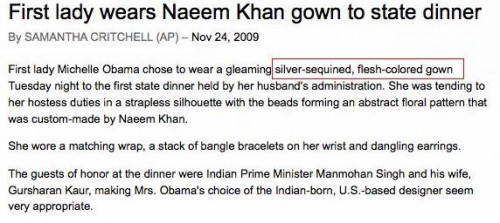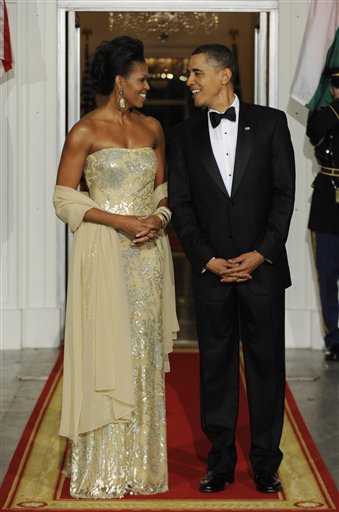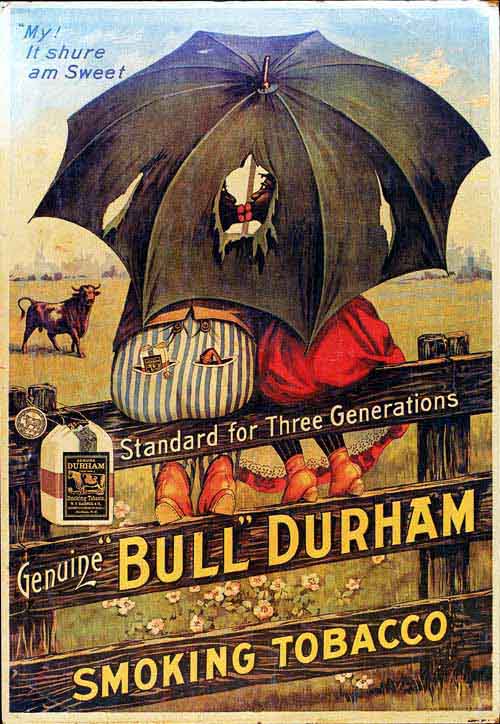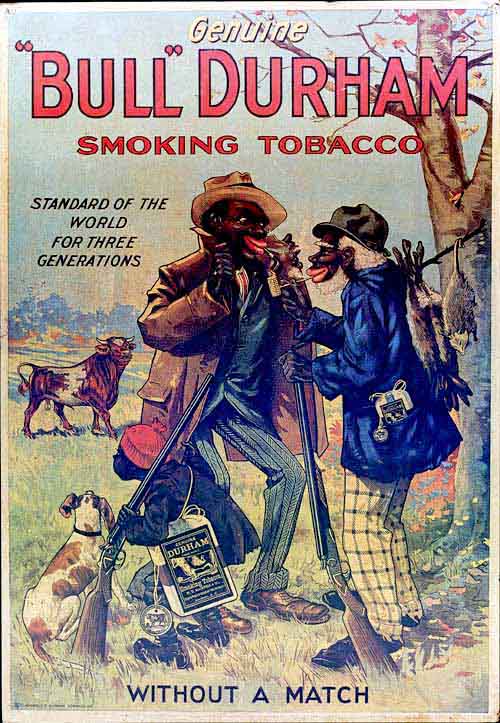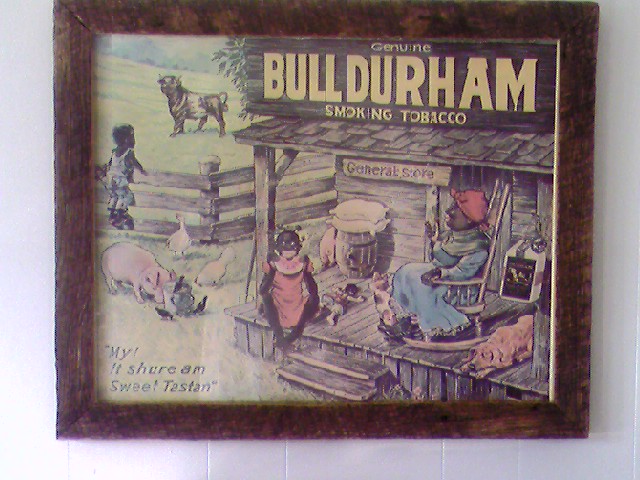Hewlett Packard (HP) recently released face tracking software that allows a webcamera to chase you around as you talk to it. The face recognition software appears to recognize lighter-skinned faces with no problem, but has trouble with darker-skinned faces. This probably doesn’t mean that HP is anti-black people, but it does suggest that HP didn’t sufficiently test its product on all kinds of faces, which means that it didn’t value black customers very much while doing research and development.
Both Kate W. and Lucy P. sent in this video in which Wanda and Desi, humorously, demonstrate the problem in this youtube clip:
We’ve seen this kind of thing before with a Nikon camera that seemed to think that Asian people were always blinking (though there was some confusion as to whether it did that to everyone) and another version of face recognition software.
Nikon responded to complaints about the program by saying:
We are working with our partners to learn more. The technology we use is built on standard algorithms that measure the difference in intensity of contrast between the eyes and the upper cheek and nose. We believe that the camera might have difficulty “seeing” contrast in conditions where there is insufficient foreground lighting.
Which Kate said is a nice way of saying: it’s not HPs fault that “your face doesn’t have enough contrast and why don’t you turn on a light while you’re at it.”
(By the way, the fact that this video has, as of right now, almost 2 million views is a beautiful example of the democratizing power of the youtubes!!!)
Lisa Wade, PhD is an Associate Professor at Tulane University. She is the author of American Hookup, a book about college sexual culture; a textbook about gender; and a forthcoming introductory text: Terrible Magnificent Sociology. You can follow her on Twitter and Instagram.


